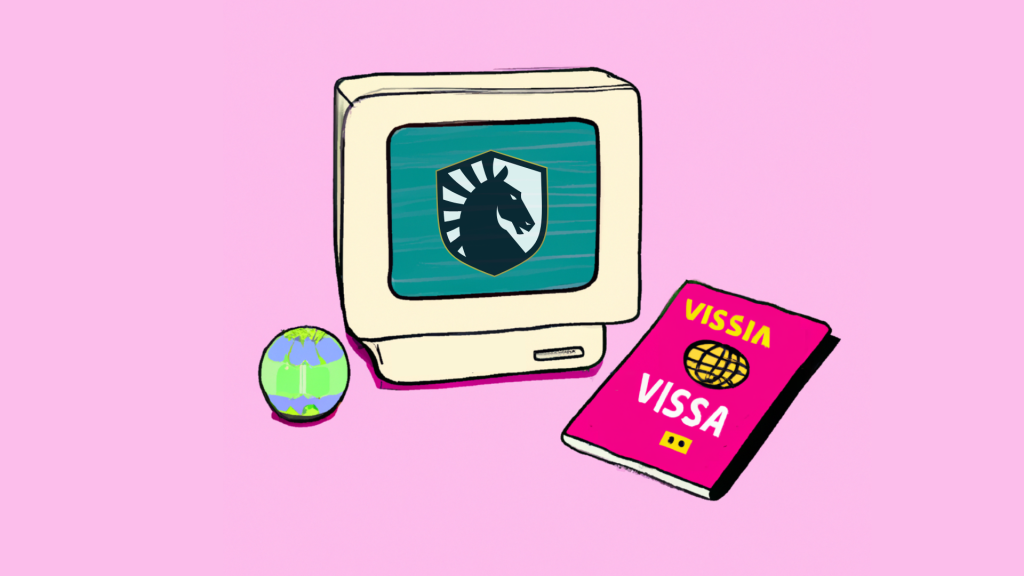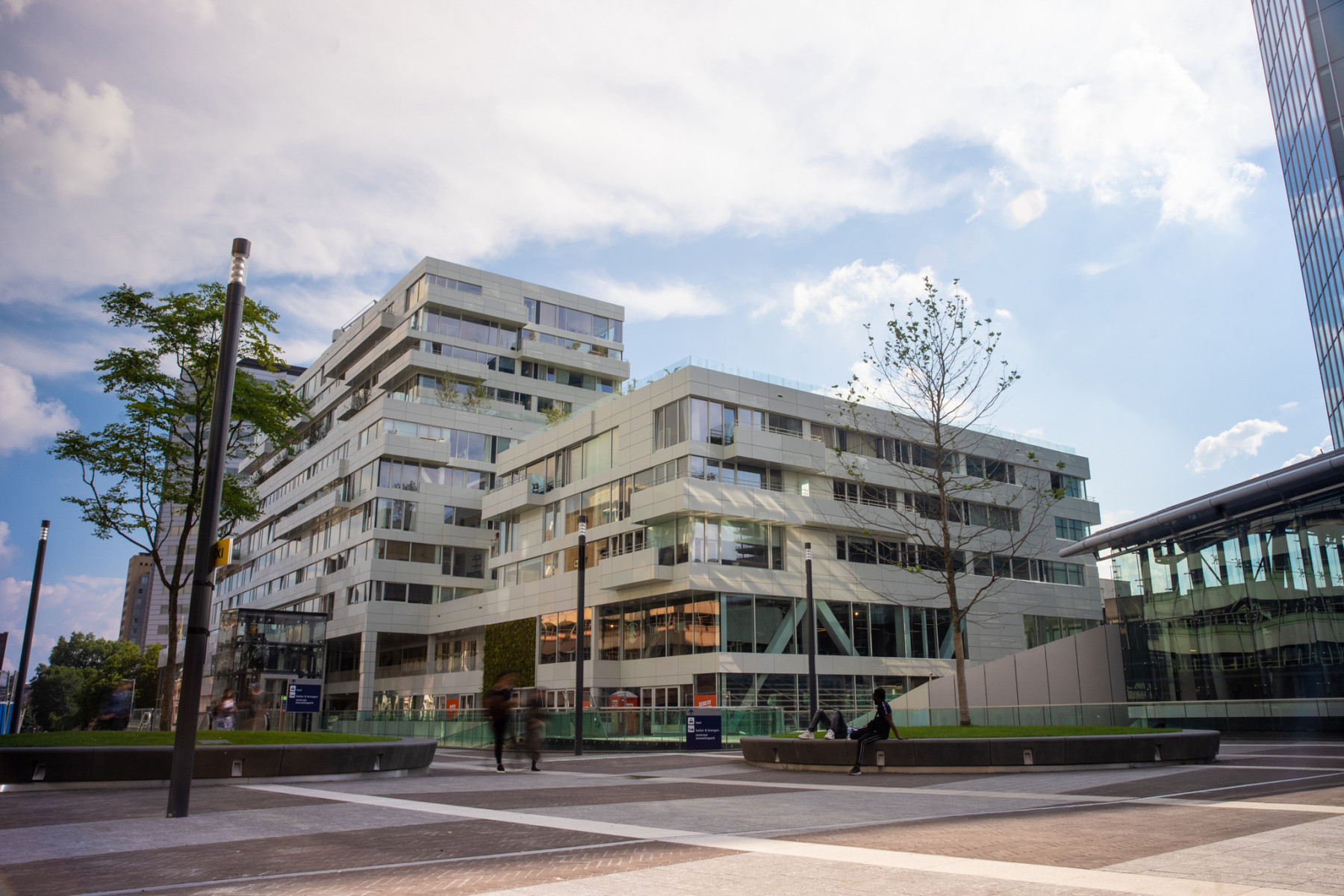
Athletes in sports like football and basketball have had access to sports visas to reside in the country they work in for years now. Esports professionals, in the vast majority of countries, are not so fortunate.
Although some trailblazers like South Korea, Germany and the United States have laws in place permitting esports visas, others, like the Netherlands, did not — until recently.
This is the story of how Team Liquid, an esports organisation with offices in both North America and the Netherlands, lobbied the Netherlands’ government to make esports visas a reality.
The story begins with Nikita ‘SKillous’ Gurevich, a Russian StarCraft 2 player who decided not to support his country after the invasion of Ukraine, leaving him stranded in Katowice, Poland, during IEM Katowice 2022.
Since he already entered the European Union, Gurevich was free to move within the Schengen area, but could not return to Russia due to cancelled flights amid the continuing Russo-Ukrainian conflict.
Gurevich “had only a suitcase with him” at the time, according to Brittany Lattanzio, Sr. Team Manager, EMEA for Team Liquid. Liquid decided it would be best to bring him to the Netherlands so he could play from the organisation’s headquarters.
Gurevich was a free agent at the time, and was a good fit for the team, according to Lattanzio. Liquid committed to helping him stay in the country for as long as he wanted to play for Liquid.
Foreigners from outside of the EU or European Free Trade Association can only stay in the Netherlands for 90 days before needing a residence permit. Since moving back to Russia was not an option, Liquid’s leadership needed to find a way to help Gurevich remain in the country.

Team Liquid is no stranger to asking the Dutch government for help. During the COVID-19 lockdown in 2020, the organisation worked with the Olympic Committee in the Netherlands to recognise esports players as athletes in order to bring Liquid’s CS:GO team to Europe. This, it turned out, would prove beneficial for the situation with Gurevich.
With its legal team on hand, Team Liquid began to approach government officials in early 2022.
“This was the first time the topic of an ‘esports visa’ came to the table of the government officials. We had to do a lot of work with our lawyer and to explain to different government bodies how [esports] works,” Lattanzio said.
Team Liquid explained that esports is roughly similar to some globally familiar sports, like tennis or chess. The organisation argued that esports players are just as legitimate as traditional athletes: they compete in leagues, are put into a global ranking system, compete for big prize money and much more.
Lattanzio admitted it would’ve been easier if Gurevich was a professional League of Legends or CS:GO player, rather than StarCraft 2. But after some coercing, the plan seemed to work.
“We were working with one department, but they had to also talk to this other department that works with this office, and that talks to this lobby group, and a lot of pieces had to weigh in on this one decision,” Lattanzio said. “In a way it was good because you have the ability to just approach somebody in the government and make a pitch, but it can also take a long time since they have to take this pitch through so many layers.”
The entire process lasted roughly 10 months — and resulted in the country legally introducing esports visas in late 2022. Gurevich is now a full-time player for Team Liquid, and will remain in the country for the foreseeable future.
Currently in the Netherlands, esports is not considered a discipline on par with the likes of major sports, but — on top of allowing esports visas — there are signs that this might one day change. According to Lattanzio, the city of Rotterdam recently announced that esports players can be enrolled in special schools for gifted athletes, similar to their colleagues from traditional sports.
The fact that Team Liquid and Gurevich successfully lobbied the Dutch government to create an esports visa programme is an impressive achievement on its own, and can be used as a waypoint for lobbing groups in other countries, especially those in the European Union. It also paves the way for other esports organisations in the country to take advantage of esports visas, furthering the growth of Dutch esports.
The Netherlands is still not as open to esports as some other European countries. “But we’re getting there,” Lattanzio said.
